Video: Early intervention is effective for children with autism
New research shows that behavioral intervention at a young age can improve language and social skills in some children with autism — and that parents may be the best therapists.
Efforts to ease the symptoms of autism are beginning to ramp up, with promising candidates in various stages of testing.

New research shows that behavioral intervention at a young age can improve language and social skills in some children with autism — and that parents may be the best therapists.
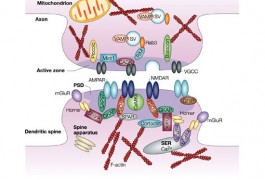
A study of mice with tuberous sclerosis — a single-gene disorder that is related to autism — suggests that most forms of autism share a common feature: an imbalance of proteins at the synapse, the junction between neurons. The work was presented Monday at the Society for Neuroscience annual meeting in San Diego.
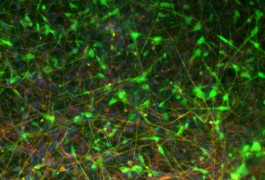
A new model system allows scientists to watch human neurons develop outside of the brain, researchers reported Sunday at the Society for Neuroscience annual meeting in San Diego.
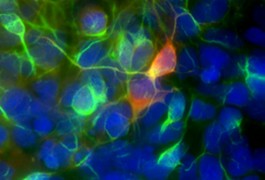
Researchers have developed the first stem cell system that makes it possible to study the early development of neurons from people with Rett syndrome, a rare disorder on the autism spectrum.
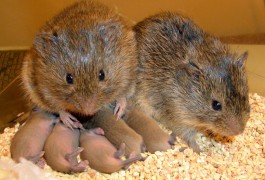
A drug already in clinical trials as a tanning compound raises brain levels of oxytocin — a hormone and neurotransmitter involved in social bonding — researchers reported Sunday at the Society for Neuroscience annual meeting in San Diego. Higher levels of oxytocin can help animals recognize their mates and turn to a friend for help, according to two posters presented at the meeting.
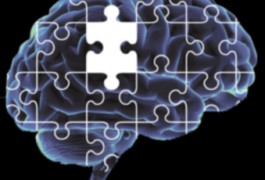
Three themes — heterogeneity, phenotype, and trajectory — are beginning to emerge in diverse lines of inquiry into autism, according to speakers at a satellite symposium of the Society for Neuroscience annual meeting in San Diego.
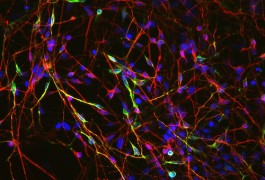
Stem cell studies show that a mutation in the neuroligin-4 gene disrupts the normal development of synapses, the junction between neurons, according to unpublished data shown Sunday at the Society for Neuroscience annual meeting in San Diego.
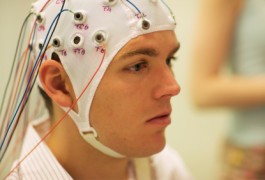
Oxytocin may activate the mirror neuron system — a group of neurons that is active when people empathize with others — according to a paper published in the November Psychoneuroendocrinology.
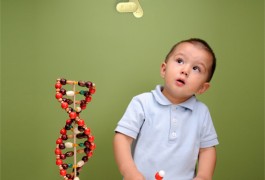
An antipsychotic drug often prescribed to treat irritability in children with autism may be more helpful — and cause fewer side effects — depending on an individual’s genetic make-up.
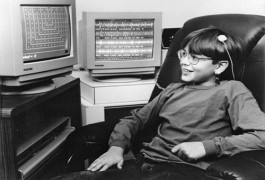
Can your brain be trained to make better brain waves? That’s the bizarre premise of ‘neurofeedback,’ a technique in which participants don a cap of electrodes and are rewarded — with soothing music, say, or points in a video game — for ‘desirable’ brain activity.